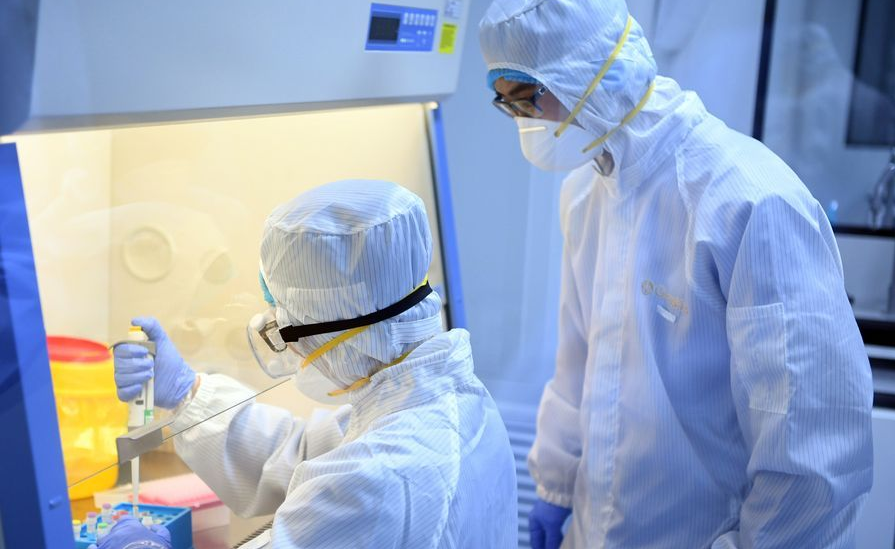A team of World Health Organisation (WHO)-led scientists investigating the origins of COVID-19 has dismissed the theory that the virus leaked from a laboratory in Wuhan, China.
Peter Ben Embarek, the head of the WHO mission, said on Tuesday it was “extremely unlikely” that the virus leaked from the Wuhan Institute of Virology in China, which houses a laboratory known for research in coronaviruses.
The institute has been at the centre of a number of claims that a laboratory leak was the trigger of the outbreak in December 2019, resulting in a pandemic which has since claimed over 2.3 million lives.
On January 14, a team of 13 scientists arrived in Wuhan, China to trace the origin of the pandemic , after an earlier disagreement between WHO and the Chinese authorities.
Advertisement
TheCable had reported that Tedros Ghebreyesus, director-general of WHO, accused the Chinese authorities of delaying a planned visit by a team of experts to the country.
But speaking at the conclusion of the joint WHO-China mission, Embarek said more work was needed to identify the source of the virus.
“The laboratory incident hypothesis is extremely unlikely to explain the introduction of the virus into the human population,” Embarek said during a news conference.
Advertisement
“Therefore is not in the hypotheses that we will suggest for future studies.”
The team also announced that they had found evidence of a wider circulation of the coronavirus in December 2019 beyond a seafood market where it was reported to have begun.
Embarek said as investigation into where the virus emanated from continues, the focus of the study will be on whether COVID-19 had a “previous history” and was circulating earlier than December 2019.
“We are still working with the hypothesis that it could have been introduced by a person who was infected and then spread to other persons in the market. But it could also be through the introduction of a product. Among the more interesting products were frozen farmed wild animals. Some of these species are known to be susceptible to these kinds of viruses,” he said.
Advertisement
Add a comment







